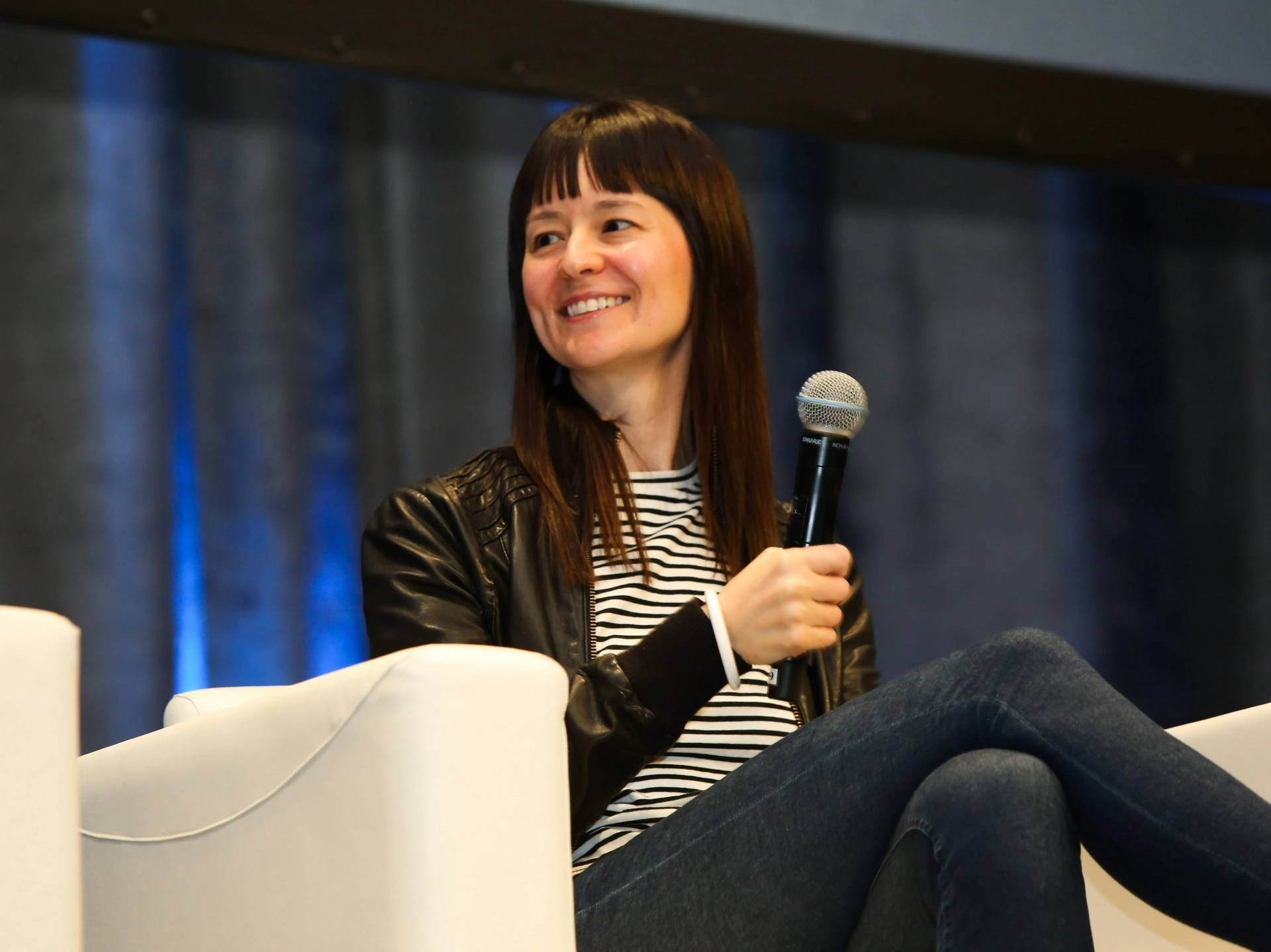Subscribe to wiki
Share wiki
Bookmark
Elizabeth Stark
The Agent Tokenization Platform (ATP):Build autonomous agents with the Agent Development Kit (ADK)
0%
Elizabeth Stark
Elizabeth Stark is a blockchain entrepreneur, educator, and advocate for the open internet. She is also the co-founder and CEO of Lightning Labs, the developer of the Lightning Network. [1]
Education
Stark graduated from Boston University with a Bachelor’s in Business Administration and Management in 1995. She also holds a Joint Degree (J.D.) from Havard University. [1][2]
Career
Elizabeth Stark was a Fellow at the Yale Information Society Project, a Lecturer in Computer Science at Yale University, and an Adjunct Associate Professor at NYU. A graduate of Harvard Law School, she founded the Harvard Free Culture Group and served on the board of Students for Free Culture. While at Harvard, she was editor-at-large for the Harvard Journal of Law & Technology and worked with the Harvard Advocates for Human Rights to utilize new media to promote human rights. She conducted research for the Berkman Center for Internet & Society and taught courses on topics like Cyberlaw, Intellectual Property, Technology & Politics, and Electronic Music. Stark also produced the inaugural Open Video Conference in New York. In 2016, she co-founded Lightning Labs. [1][2]
Interviews
Bitcoin Tech Talk
Stark discussed Lightning Lab's role in developing the Lightning Network's technical infrastructure at the Bitcoin Channel Tech Talk. Lightning Labs focuses on creating open-source solutions, contributing to the LND implementation, and enabling multi-asset transactions over Bitcoin and Lightning. The team released an alpha version of the Taro assets protocol, allowing asset issuance on Bitcoin’s layer one, which can be moved into Lightning channels for faster, cheaper transactions. Stark highlighted the importance of capital efficiency in the Lightning Network, rather than maximizing total value locked, and emphasized their commitment to building infrastructure while remaining neutral on asset issuance. The company aims to bring more assets, including stablecoins, to Bitcoin, allowing global scalable, low-fee instant transactions. [3]
Lightning Network
At SALT New York, Stark and Brett Messing (SkyBridge) discussed the evolution and potential of the Lightning Network as a second layer on Bitcoin, enabling instant, high-volume transactions. She explained how this technology makes Bitcoin more than just a digital asset, positioning it as an internet-native monetary system. Stark highlighted the growing use cases of the Lightning Network, such as cross-border payments, in-game payments, and content creator tipping, particularly in emerging markets. She noted that adopting Bitcoin as legal tender in El Salvador was a pivotal moment, underscoring the global potential of the technology, which allows individuals without access to traditional financial systems to participate in a decentralized, digital economy. Stark's company, Lightning Labs, plays a significant role in this development by building tools that facilitate these innovations. [4]
Panels
Lightning & Bitcoin
Stark reflected on Bitcoin's evolution at the Bitcoin Amsterdam Conference and the community's efforts to maintain its decentralization and security. She highlighted the blocksize wars, a critical period where Bitcoin's future was uncertain, as some wanted to centralize control. However, the community ultimately chose a decentralized, layered scaling approach, solidifying Bitcoin's core values. Stark emphasized Bitcoin's significance as a global movement, distinct from traditional financial systems, and the growing role of Lightning Labs in onboarding developers and users, particularly in emerging markets, to improve financial access. [5]
Young Bitcoin Coders
At the Bitcoin 2022 Conference, Stark discussed the contributions of young Bitcoin coders Autumn Domingo and Ishaana Misra, who met at a BitDevs meetup and became actively involved in the Bitcoin community. Stark praised their dedication, noting their work on various projects, such as UI/UX design and developing a testnet wallet. Autumn and Ishaana also co-founded Generation Bitcoin, a group that educates teens about Bitcoin through peer-led presentations and discussions. Stark highlighted the Lightning Network's and Bitcoin's significance as tools for financial inclusion and global access to decentralized finance. [6]
Fireside Chats
BASS NYC
In a BASS NYC fireside chat between Stark and Gil Rosen (Blockchain Builders Fund), they discussed the history and evolution of Bitcoin, the Lightning Network's development, and scaling challenges. Stark shared her early experiences and how the community initially doubted the feasibility of Layer 2 (L2) solutions. Despite skepticism, the Lightning Network evolved as a prominent L2, allowing faster and more scalable Bitcoin transactions. Stark explained the technical challenges, such as the block size debates and the significance of the 2017 Segregated Witness (SegWit) soft fork, which resolved issues and paved the way for L2 developments. She also discussed Bitcoin’s core principles, emphasizing security and decentralization over rapid changes. The conversation explored the growing adoption of Lightning, its role as a payment and interoperability layer, and the community’s cautious approach to changes at Bitcoin’s base layer. Stark highlighted innovations, including side chains, and the increasing interest in L2s and stablecoins as key trends in the current cycle. [7]
Africa Bitcoin Conference
In a fireside chat at the Africa Bitcoin Conference, Stark discussed the evolution and significance of the Lightning Network. She shared her journey in co-founding Lightning Labs and highlighted the network's ability to enable Bitcoin to function as a monetary and transactional network. She emphasized the growing community of developers building on Lightning, especially in emerging markets like Africa, where the technology has seen notable adoption. Stark also addressed the importance of education and community engagement in expanding the use of Lightning, particularly through grassroots efforts and developer workshops. She concluded by discussing Taro, a project to integrate stablecoins on the Bitcoin network to meet global demand for stable assets in regions lacking traditional financial systems. [8]
See something wrong?
The Agent Tokenization Platform (ATP):Build autonomous agents with the Agent Development Kit (ADK)
